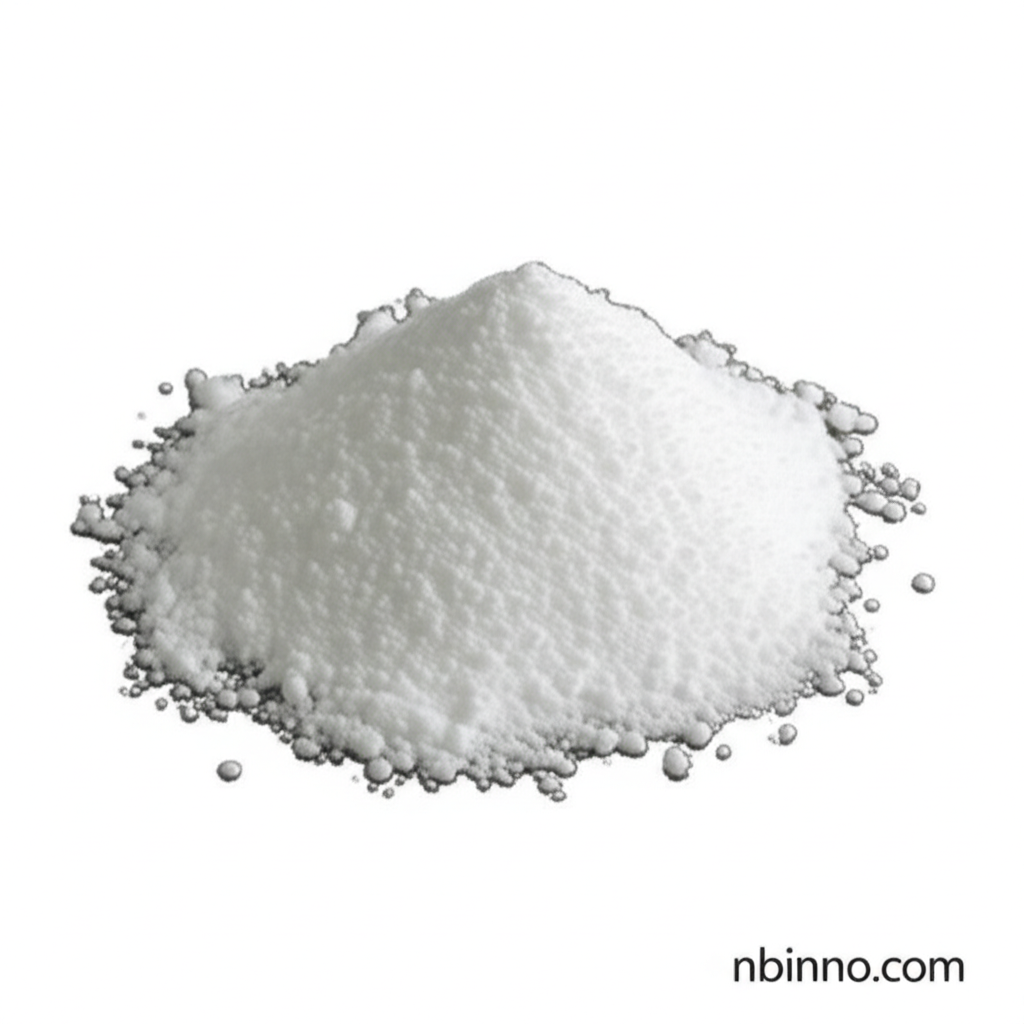Bis(triphenylphosphine)iminium Trifluoroacetate: Your Premier Intermediate for Suzuki Reactions
Discover the high-purity Bis(triphenylphosphine)iminium Trifluoroacetate (CAS 116405-43-7), a critical chemical intermediate manufactured in China. Ideal for demanding applications like Suzuki reactions, our product ensures reliability and efficiency in your synthesis processes. Secure your supply from a trusted manufacturer.
Get a Quote & SampleUnlock Efficient Chemical Synthesis with Our High-Quality Intermediate

Bis(triphenylphosphine)iminium Trifluoroacetate
As a leading supplier, we provide Bis(triphenylphosphine)iminium Trifluoroacetate (CAS 116405-43-7), a white solid known for its solubility in water. Its critical role in facilitating Suzuki reactions makes it an indispensable component for R&D and industrial synthesis. We are a dedicated manufacturer committed to delivering consistent quality and competitive pricing for our global partners seeking to buy this essential chemical.
- High Purity for Demanding Suzuki Reactions: Source your Bis(triphenylphosphine)iminium Trifluoroacetate from a reliable manufacturer for optimal catalytic efficiency.
- Water Soluble White Solid: Easily incorporated into various reaction conditions, enhancing process flexibility for your formulation needs.
- Key Chemical Intermediate: Essential for advanced organic synthesis and pharmaceutical intermediate production.
- Reliable Supplier in China: Ensure stable supply chain and competitive pricing when you purchase this product for your chemical needs.
Advantages of Sourcing Our Chemical Intermediates
Exceptional Purity for Consistent Results
Our Bis(triphenylphosphine)iminium Trifluoroacetate (CAS 116405-43-7) undergoes stringent quality control, ensuring high purity essential for sensitive Suzuki coupling reactions and complex organic synthesis. Trust our product for reproducible outcomes and to buy with confidence.
Versatile Application in Synthesis
As a key pharmaceutical intermediate and chemical synthesis reagent, this compound significantly aids researchers and formulators in developing novel compounds and optimizing existing processes. Explore how this intermediate can benefit your next project.
Guaranteed Supply Chain and Support
Partner with a trusted manufacturer and supplier in China for Bis(triphenylphosphine)iminium Trifluoroacetate. We offer robust packaging, worldwide shipping, and responsive customer service to meet your procurement demands efficiently.
Key Applications and Uses
Suzuki Coupling Reactions
Bis(triphenylphosphine)iminium Trifluoroacetate is widely recognized for its effectiveness as a catalyst or ligand precursor in Suzuki coupling reactions, vital for C-C bond formation in complex molecule synthesis.
Pharmaceutical Intermediates
This compound serves as a crucial building block in the synthesis of various active pharmaceutical ingredients (APIs), supporting the development of new therapeutics.
Organic Synthesis Research
Researchers utilize Bis(triphenylphosphine)iminium Trifluoroacetate for diverse organic transformations, leveraging its unique properties to explore novel synthetic pathways and chemical methodologies.
Material Science Applications
Its organometallic nature may also lend itself to applications in material science, where precise chemical structures are required for advanced material properties.
